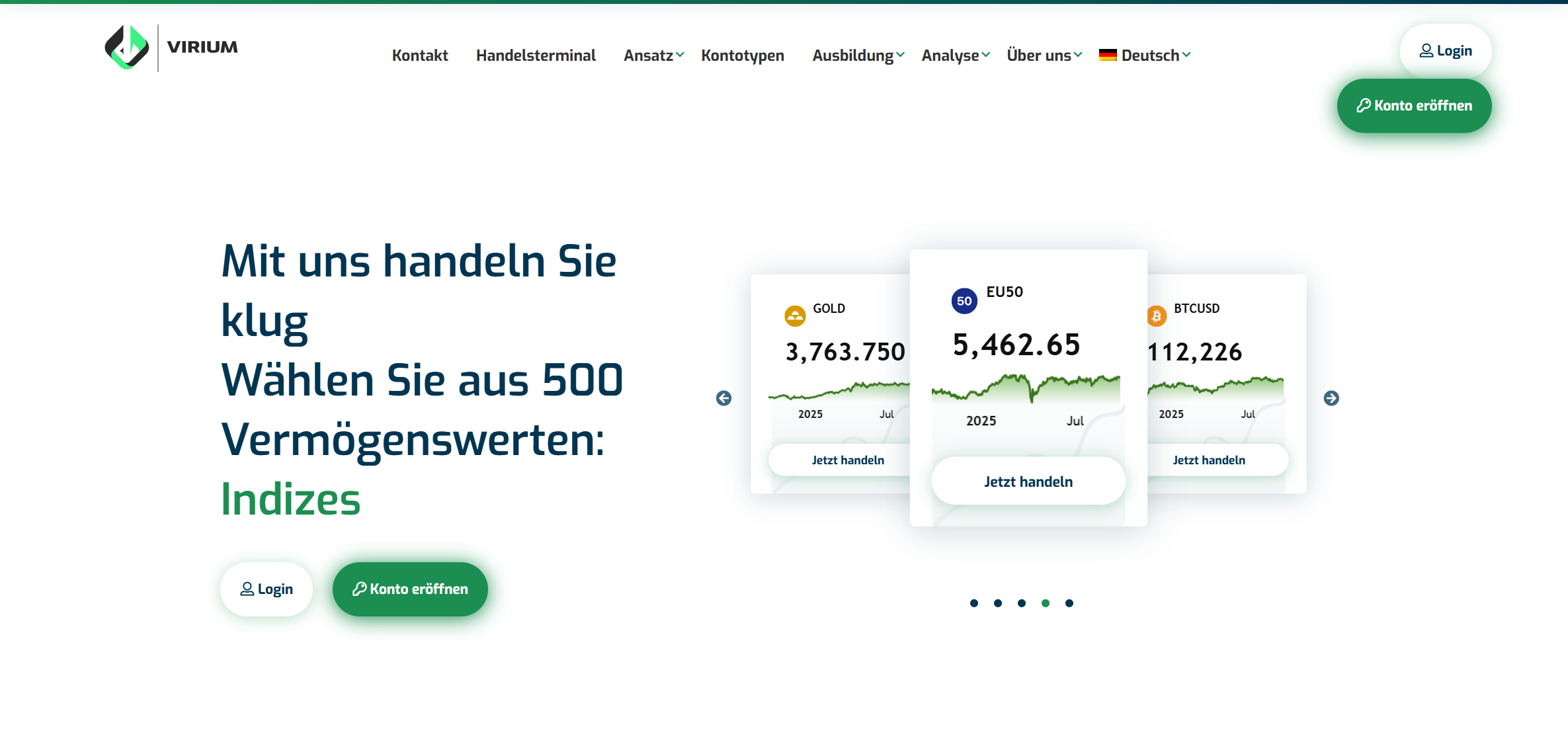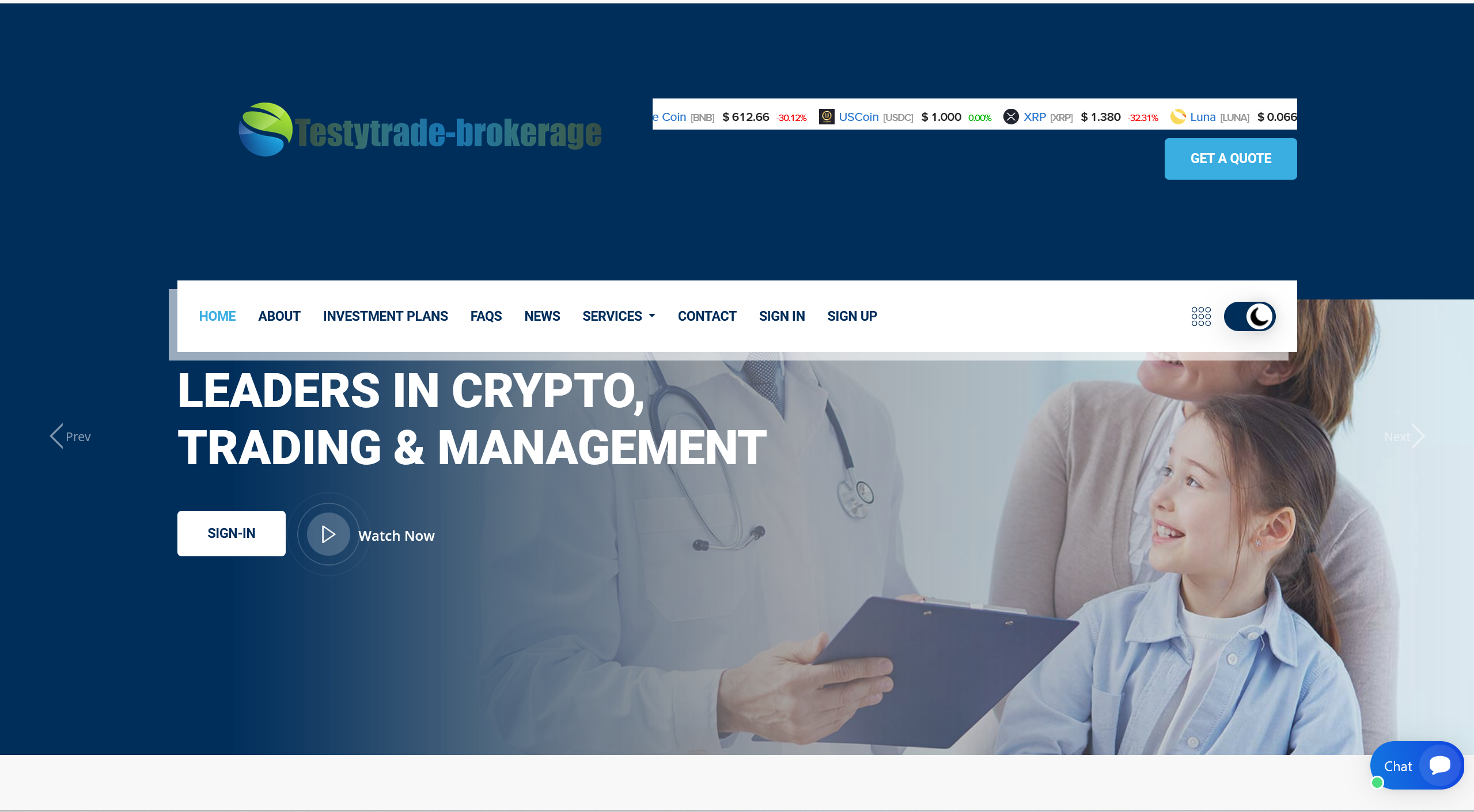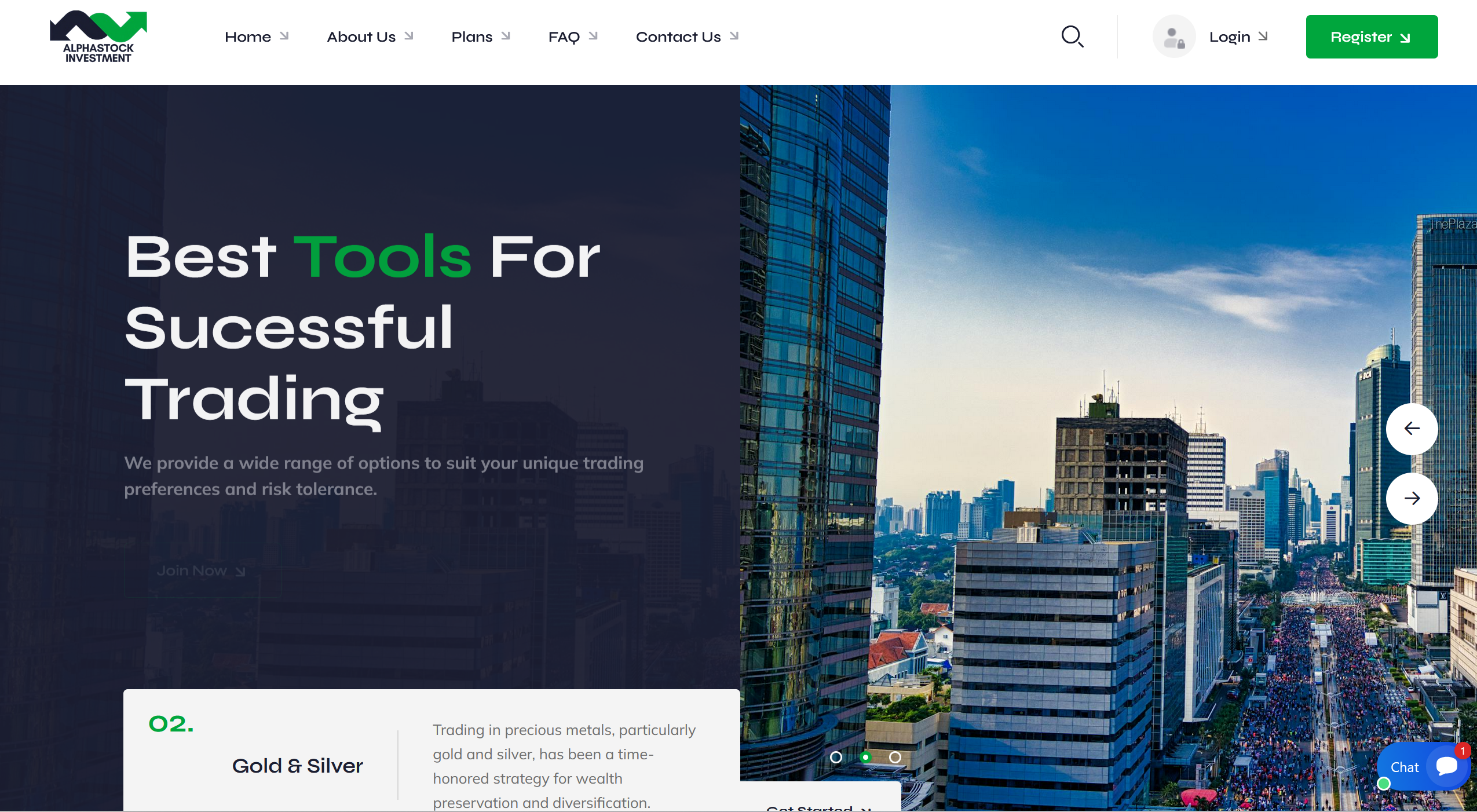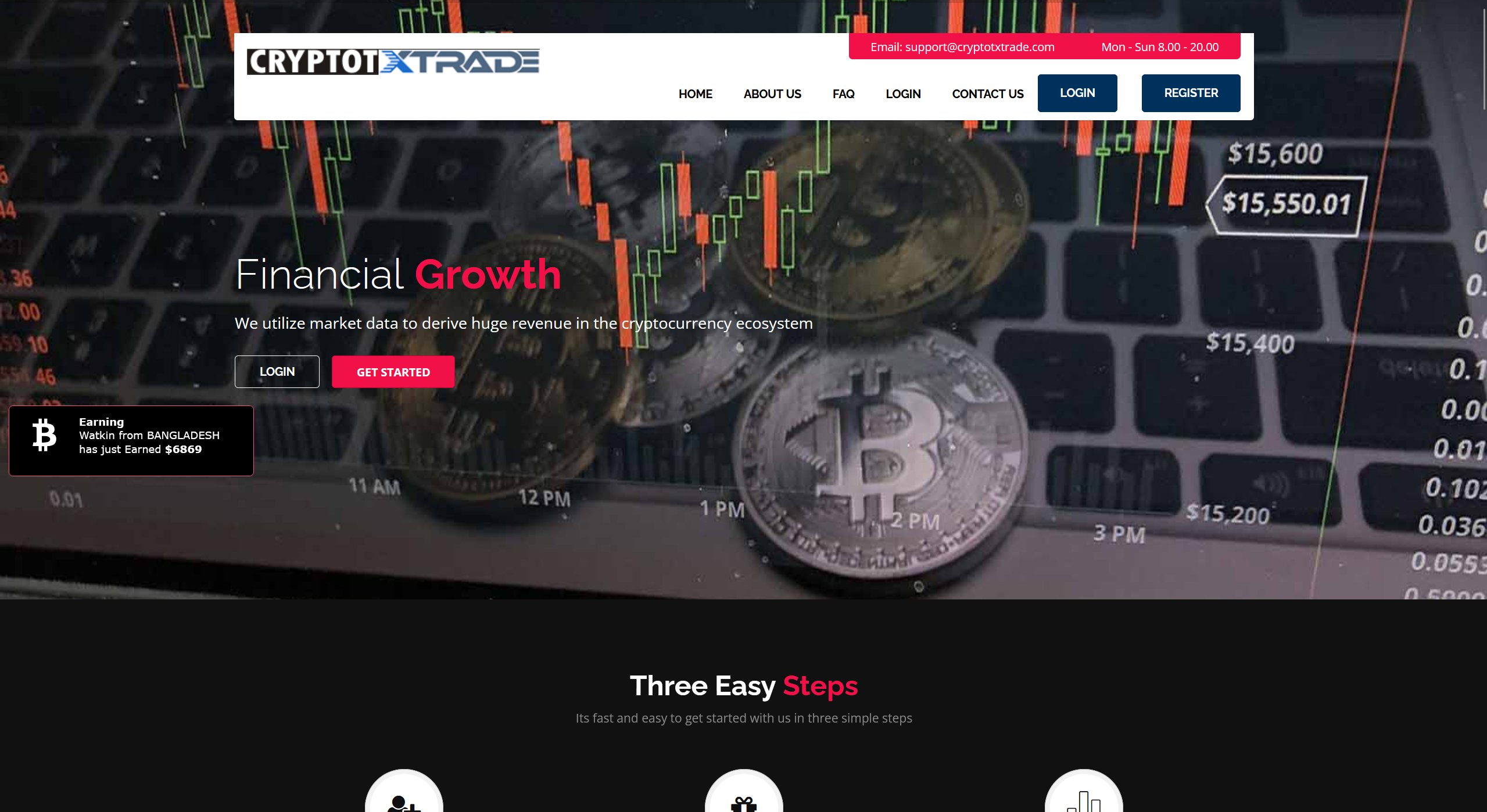Introduction
In the crowded world of online investment and crypto platforms, sites like Virium.net often surface with polished interfaces, big promises, and aggressive marketing. Yet behind the sleek design are alarming warning signs. Many are already shouting warnings based on reports, regulatory alerts, user feedback, and scam-pattern recognition. In this article, we lay out 7 compelling reasons why you should treat Virium.net with extreme caution. We dive into regulatory red flags, domain data, user complaints, scam mechanics, and more. By the end, you’ll see whether Virium.net is likely a legitimate player or just another fraudulent trap.
1. FINMA Warning: Listed in Swiss Regulator’s Alert List
One of the most authoritative red flags is that Virium.net appears in FINMA’s (Swiss Financial Market Supervisory Authority) warning list. The Swiss regulator has flagged “virium.net” under its “Warnliste,” stating that it is “not entered in commercial register” and cautioning that it may be operating without proper authorization.
Being on that list suggests the platform may be offering investment services that require registration or licensing in Switzerland, yet it has failed to comply. For investors, that means there is no official oversight, and you lose regulatory protections.
2. No Verified Licensing or Regulatory Authorization
Multiple review sites and scam-alert blogs highlight that Virium.net lacks any credible regulatory registration. For instance, TheScamDetectives note that Virium claims to offer financial services but has no approval from trusted authorities such as the FCA, ASIC, or SEC.
ZoryaCapital also states that Virium is “not a legitimate investment platform,” pointing to its absence of oversight, operational transparency, and credibility.
When a financial platform doesn’t clearly show a valid license or regulator you can verify independently, that raises serious doubt about its legitimacy and your ability to reclaim funds if something goes wrong.
3. Disastrous Trustpilot Feedback & User Complaints
Virium’s reputation among users appears very poor. On Trustpilot, all reviews are rated 1 out of 5 stars.
Some complaints include:
- Users claiming “frozen fund” issues (e.g. “£54k frozen fund issue”).
- References to “REFUNDBACK” or external groups intervening in withdrawal attempts, suggesting users needed to rely on third-party help.
When there is a unanimous negative rating and all reviews are 1 star, it’s rarely coincidental. It strongly hints at widespread user dissatisfaction, likely relating to withdrawal failures, locked accounts, or unresponsive support.
4. Use of Scam Templates, No Real Company Info, and Weak Controls
On forums and threads (for example, on Reddit), users report that Virium.net employs a standard scam template seen repeatedly across fraudulent platforms.
Key observations:
- Zero real company information: no credible address, contact details, leadership identities, or regulatory disclosures on the site.
- No KYC or verification: someone reported creating an account with a fake name (“Mickey Mouse”) without any identity checks or email confirmations.
- Domain registration by shady registrar: the domain is registered via GName, a Chinese-Singapore registrar often associated with fraudulent sites.
All this suggests the site is designed to appear real while hiding its true structure and operators.
5. One-Way Deposits, No Confirmed Withdrawals
Scam reviews and analyses emphasize that Virium encourages deposits via non-reversible methods (e.g. crypto, wires) and does not provide credible evidence of successful withdrawals.
ZoryaCapital states: “Depositing funds with Virium is a one-way street. … No evidence exists of any successful withdrawals being processed.”
That pattern—accepting money but making it nearly impossible to get it back—is classic fraud tactic: capture funds fast, then stall, block, or vanish.
6. Hidden Terms, Opaque Policies & Manipulative Mechanics
Because the site lacks transparency, its terms are either hidden or vague. Users often do not see full withdrawal policies, fees, or conditions until after deposits.
Scam analysts note that such platforms may quietly change terms, impose high minimums, require additional deposits to unlock withdrawal, or apply “maintenance” or “processing” fees which are nontransparent.
Also, aggressive recruitment strategies or promises of “fast returns with low risk” are typical manipulative tricks used to reel in victims while masking the true risk.
7. High Likelihood of Recovery Scams & Secondary Fraud
Victims of Virium are vulnerable to recovery scams once they realize they may have been defrauded. These are companies claiming they can retrieve your lost money—but asking for upfront payments or private data that leads to further losses.
Some reports suggest that Virium may use or link to services like “REFUNDBACK” (as cited in Trustpilot reviews) or other third-party recovery facilitators.
Thus, not only is your initial deposit at high risk, but the aftermath can drag you into deeper traps.
Conclusion
After analyzing all available evidence, Virium.net displays numerous severe warning signs that strongly point toward it being a fraudulent or high-risk platform rather than a credible investment service. If you, your friends, or your followers are considering engaging with Virium.net, here’s what you must understand—and what you should absolutely avoid.
First and foremost, being included in FINMA’s warning list is not trivial. The Swiss financial regulator’s public list calls out virium.net as not entered in the commercial register, a formal statement that it likely operates without any legitimate Swiss business status or licensing. That alone should raise immediate red flags. No oversight means no legal protection, no auditing, and no recourse for investors if funds vanish.
Second, the absence of verifiable regulation is deeply concerning. Virium does not transparently display a license from a respected regulator (FCA, ASIC, SEC, etc.), nor does it appear in registries of authorized brokers. Several scam reviews explicitly point this out. Operating without regulation means the site is legally unconstrained—and that often means they can change rules, deny withdrawals, or vanish with impunity.
Third, the Trustpilot feedback is damning: unanimous 1-star reviews, claims of frozen funds, and references to external recovery groups all indicate that many users have struggled to reclaim their capital. When user experience is consistently negative, it cannot be chalked up to bad luck—that’s a systemic issue.
Fourth, the site’s structure and controls appear weak and deceptive. Use of generic template designs, hidden company details, lack of identity verifications, and registration via a registrar known to be used by scammers all fit the pattern of fraudulent platforms that want anonymity and plausible deniability.
Fifth, the mechanics of deposits vs. withdrawals are lopsided. Reports of one-way deposits with no confirmed successful withdrawals are classic indicators of fund capture schemes. A real investment platform must allow clients to withdraw profits under clear rules—Virium does not seem to provide that.
Sixth, lack of clear exposure of transaction rules, maintenance fees, or hidden clauses means users may unknowingly agree to unbalanced conditions. Some platforms change terms in the background, making “rules” that prevent withdrawals after deposits. That is extremely dangerous, because victims often only discover restrictions once they try to leave.
Seventh, the danger does not end at Virium itself—there is a high risk of being targeted by recovery scammers. Users who feel duped often become prey again, through promises of restitution from firms that ask for upfront fees and then disappear.
Given all this, here’s what you absolutely must do to protect yourself and others:
- Do not deposit any funds into Virium.net or similar platforms unless they can prove full regulation, audited financials, transparent ownership, and documented user payouts that you can verify.
- If you or someone you know has already deposited money, collect and preserve all evidence: transaction records, screenshots, communication logs, platform UI, deposit data. This is vital for any potential recovery or reporting.
- Report the platform to relevant financial regulators—in your country and in jurisdictions mentioned (e.g. Switzerland, FINMA). Also file complaints to consumer protection agencies and watchdog organizations.
- Do not trust recovery companies unless they are highly credible and have verifiable track records. Many “asset retrieval” services are scams themselves, complicating the situation.
- Warn others: share the article, alert social media, post warnings in communities and groups, so fewer people are lured in.
- When evaluating future platforms, always check for:
- Clear, verified licensing (FCA, ASIC, SEC, etc.)
- Transparent company info and ownership
- Real user testimonials with proof of withdrawals
- Clear, published withdrawal policies
- Regulatory membership and oversight
- Clear, verified licensing (FCA, ASIC, SEC, etc.)






